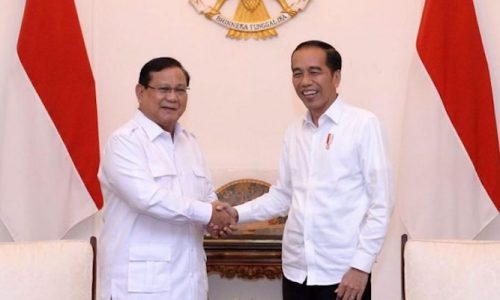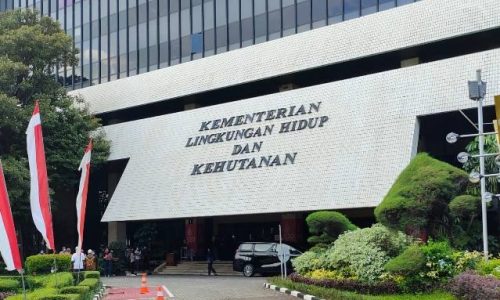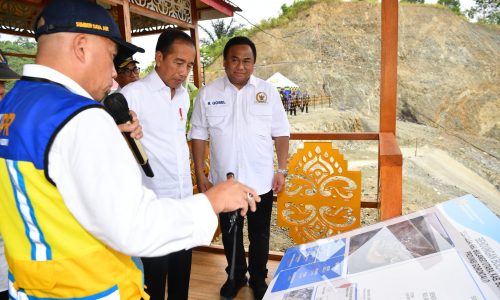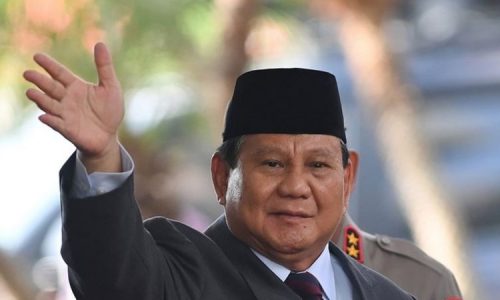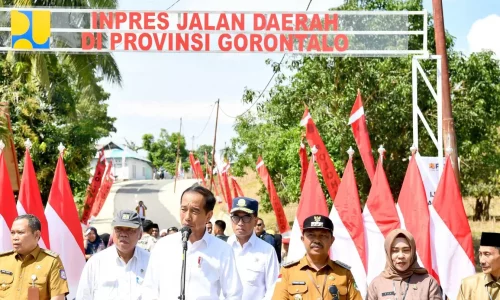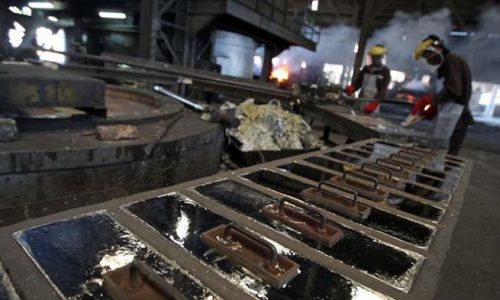Although the government has set a monthly mineral benchmark price for nickel, nickel miners in Indonesia have not received fair prices for the mineral they sell to smelters.
Indonesian Nickel Mining Association (APNI) Secretary-General Meidy Katrin Lengke said that the miners usually sold their nickel ore at a lower price than the benchmark price of nickel. Therefore, the profit earned is lower because of this.
“The smelters and nickel miners typically use the FOB [free on board] and CIF [cost, insurance, freight] contract under the mineral benchmark plus US$2 per ton. In comparison, barges or shipping for nickel is usually between US$6 and US$16 per ton. It is the miners who have to pay for the transportation costs,” she said, adding that the benchmark is typically around US$40 to US$43 per ton.
Disadvantage for local miners
In addition to the barge costs, local nickel miners are also subject to a penalty. This is due to the disparity between the nickel grades in the contract and the grade they send. On average, the miners would ship a nickel grade of 1.7% from the loading port. However, the quality decreased to 1.4%, 6% or 1.5% when the cargo arrived at the unloading port. Thus, the miners would pay US$5 per ton in fine or penalty.
According to Lengke, at the end of the day local miners can only sell their commodities lower than the benchmark price set by the government. She added that typically, surveyors were appointed by the smelters themselves.
In April 2020, the government decided to put a floor price for the nickel ore to protect small miners. The Energy and Mineral Resources Ministry Regulation No. 11/200 states that nickel prices must be regulated based on the monthly mineral ore benchmark (HPM).
According to the regulation, the benchmark price of nickel ore in Indonesia is the average nickel price over the previous three months on the London Metal Exchange, Asian Metal Market and Shanghai Metal Market, taking into account corrective factors.
In most cases, the nickel benchmark price in the country varies from US$30 to US$44 per ton. In global markets like the Shanghai Metal Market and the Asian market, nickel prices in 2020 and 2021 may fluctuate between US$60 per ton and US$80 per ton.
As Lengke put it: “The difference between the global market price and national benchmark price is almost 50%. However, they still play with us.”
Indonesia started banning export of nickel ore on January 1, 2020, to boost its downstream industry and give added value for the commodity.
Advantage to Chinese investors
According to economist Faisal Basri, the nickel market structure in Indonesia is characterized by a monopsony structure, which allows smelters to control the price. Due to Indonesia’s ban on nickel exports during the recent second round of negotiations, the only buyers of nickel from the 330 Indonesian nickel miners are Chinese investors in nickel smelters.
According to government data, Indonesia has 19 nickel smelters operating by 2020. Many of them are foreign investments from Chinese companies such as Thingshan Holding Group, Zhejiang Huayou Cobalt, China National Machinery, Fujian Pan-Chinese Mining Co. Ltd, Jiangsu Delong Nickel Ind, Co. Ltd, etc.
Based on Basri’s information, it appears that the high price of nickel at the Shanghai Metal Market in China, usually at US$80 per ton, has forced Chinese smelters to relocate their factories to Indonesia. In addition to enjoying the low price of Indonesian nickel ore, the Chinese investors in the smelter are also being entertained with free import duties and a 20 years tax holiday by Indonesian authorities.
“At the same time, most of the workers are Chinese, on tourist visas,” he added.
Read also: Local workers lose out to Chinese workers
Chinese investors mainly invest in Indonesia to exploit its natural resources since 100% of the semi-finished products in Ferro nickels and nickel pig iron are exported for the Chinese downstream sector.
“Indonesia voluntarily encourages industrialization in China. The battery industry in Indonesia is nonexistent,” Basri said.



